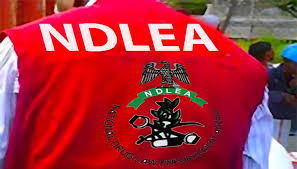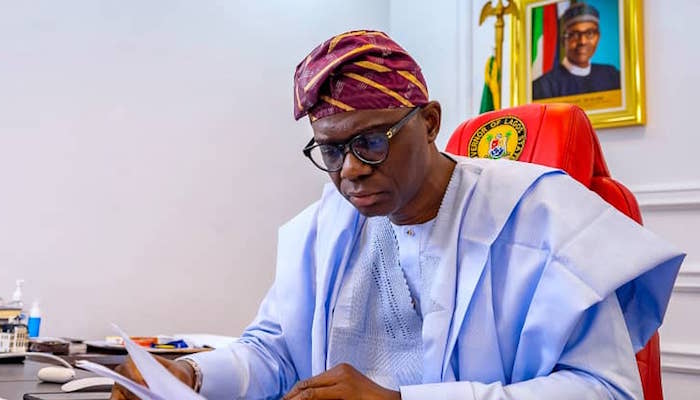Lagos State is on the verge of a transformative shift in its rental market with the proposed Lagos State Tenancy and Recovery of Premises Bill 2025**. The legislation is designed to modernise the city’s landlord-tenant framework, regulate real estate practices, and address long-standing challenges in one of Africa’s fastest-growing urban economies.
Background and Purpose
Rapid urbanisation, population growth, and rising demand for housing have created significant pressure on Lagos’ real estate sector. Tenants often face demands for multiple years of advance rent, unregulated agents, and protracted eviction disputes, while landlords contend with delayed payments, disputes over property use, and regulatory inconsistencies. The Tenancy Bill 2025 seeks to create a balanced framework that protects tenants’ rights, ensures accountability among landlords and agents, and fosters professionalism in property management.
Regulating Real Estate Agents
A major provision of the bill targets real estate agents. All agents are required to be formally registered with the Lagos State Real Estate Regulatory Authority (LASRERA). The law caps agency fees at **5% of annual rent**, and mandates that funds collected must be remitted to landlords within seven working days, accompanied by official receipts.
Violations attract penalties of up to ₦1 million, imprisonment of up to two years, or both. These measures are aimed at curbing fraudulent practices, inflated commission charges, and double renting, which have historically disadvantaged tenants and created friction in the market.
“Any person who acts as an agent in contravention of subsections (1)–(4) commits an offence and is liable on conviction to repayment of sums collected and imprisonment for a maximum term of two years or a fine of ₦1,000,000 or both,” the bill states.
Capping Advance Rent Payments
The bill addresses one of Lagos’ most contentious issues: excessive advance rent. Under the new framework:
New tenants** cannot pay more than **one year’s rent in advance**.
Existing tenants paying monthly cannot be asked to pay more than **three months in advance.
Failure to comply could result in fines of ₦1 million or up to three months’ imprisonment. Observers note that this provision will reduce financial burdens on tenants, although its effectiveness may be influenced by market supply and demand pressures.
Prohibiting Harassment and Illegal Eviction
Landlords are explicitly forbidden from harassing tenants or attempting “self-help” evictions. Coercion, cutting off utilities, blocking access, or seizing tenant property without a court order is a criminal offence, punishable by ₦1 million fine or up to six months imprisonment.
This provision seeks to address the widespread practice of unlawful evictions, which has left many tenants vulnerable to homelessness and exploitation.
Tenants’ Legal Recourse Against Unfair Rent Increases
While the bill does not implement rent controls, it allows tenants to challenge rent increases considered unreasonable. Courts are expected to consider:
* Comparative rents in the area
* Evidence presented by both parties
* Special circumstances relating to the property
Tenants are protected from eviction while disputes are being resolved, providing a legal shield against sudden or excessive rent hikes.
Fast-Track Eviction and Dispute Resolution
To streamline legal processes, the bill permits cases to be filed via originating summons, with hearings scheduled within 14 days. Courts may hold sessions on weekends, public holidays, or virtually, and mediation is capped at 30 days. These measures are intended to resolve disputes quickly while safeguarding tenant rights.
Strengthening Transparency and Tenant Rights
The bill reinforces transparency in matters of security deposits and service charges. Landlords are required to:
* Provide six-monthly accounts for deposits and service charges
* Refund deposits except for documented damages
* Respect tenants’ rights to privacy, peaceful enjoyment, and consented property improvements
These provisions aim to build trust between tenants and landlords and foster professional standards in property management.
Legislative Status
Introduced in July 2025, the bill passed its second reading on 10 July 2025 and was referred to the Committee on Housing for further review. As of late 2025, it remains a draft but has generated significant attention for its potential to reshape Lagos’ rental landscape.
Implications for Stakeholders
For tenants, the bill promises reduced financial pressure, legal protections against harassment, and recourse against unfair rent hikes. For landlords, it introduces clearer rules for payments, agent conduct, and property management, offering predictability and accountability. For real estate agents, formal registration, capped fees, and strict penalties signal a push toward professionalism and ethical practice.
In summary, the Lagos Tenancy Bill 2025 represents a landmark attempt to modernise one of Africa’s largest real estate markets. If enacted, it could establish a fairer, more transparent, and efficient system for landlords, tenants, and agents alike, addressing longstanding grievances and supporting the city’s continued urban and economic growth.















